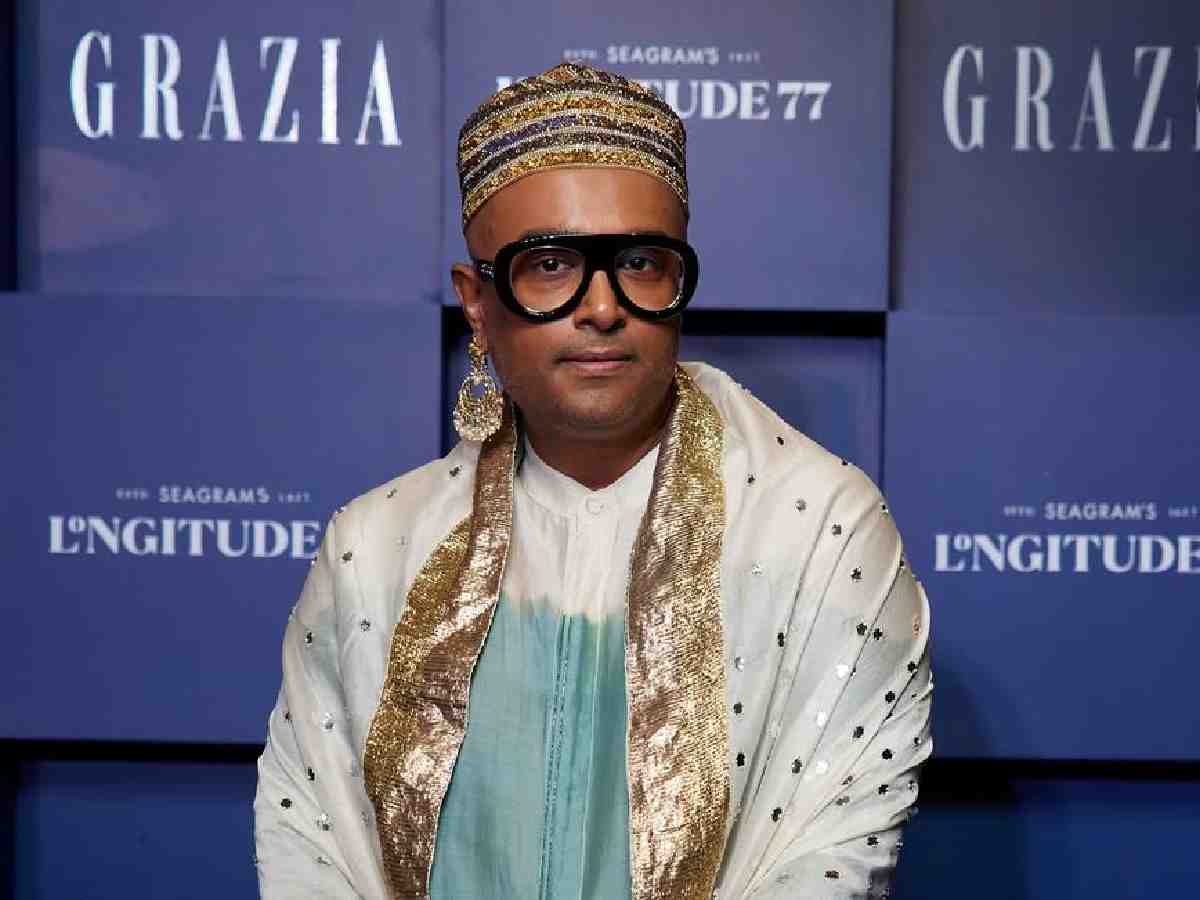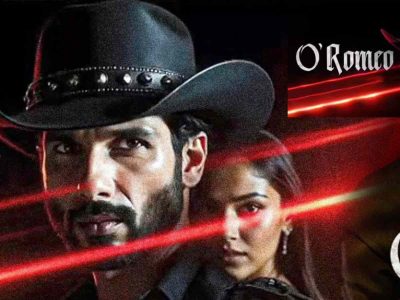“It’s about real structural change. We need more LGBTQIA+ actors in leading roles, more queer filmmakers behind the camera, and more decision-makers who truly understand inclusivity—not just as a trend, but as a necessity,” says acclaimed filmmaker Faraz Arif Ansari, highlighting the urgent need for systemic shifts in the entertainment industry.
In an exclusive interview with Patriot, Faraz emphasised that while India has made progress, the industry remains hesitant to tell complex, mainstream queer stories. Authentic representation, they argue, requires not just visibility but meaningful opportunities. “The way forward? First, authentic casting—allowing trans and queer actors to play not just queer roles, but any role. Second, providing funding and production support for LGBTQIA+ filmmakers so our stories are not just told about us, but by us. And third, shifting audience perception through bold storytelling—because the moment people see queer characters as human first, change becomes inevitable.”
They pointed out that although mainstream cinema and television have started embracing LGBTQIA+ narratives, representation is often filtered through a “safe” or “palatable” lens. Too often, queer characters are relegated to the sidelines, lacking the same depth, flaws, or narrative weight as their cis-heterosexual counterparts.
Faraz, known for critically acclaimed films such as Sisak, Bun Tikki, Sheer Qorma, Siberia, and Not: Every Office First Day, believes that true inclusivity in storytelling can only be achieved when LGBTQIA+ creators have the space and support to tell their own stories authentically.
Creating opportunities through mentorship
Faraz was also involved in TRANSaction 2025, an acting workshop recently held in Faridabad. Hosted in collaboration with the Keshav Suri Foundation, the initiative provided professional training to over 20 transgender and queer aspiring actors, aiming to bridge the gap between the entertainment industry and LGBTQIA+ representation.
For Faraz, the project was deeply personal. Growing up in the industry, they had witnessed how limiting the landscape could be for those who did not fit into traditional moulds. “I’ve worked with many incredibly talented trans and queer artists who were either sidelined, typecast, or simply never given a shot,” they said. This exclusion, they added, had never sat right with them.
“I wanted to create something that actively changes that narrative—not just by demanding space but by building a pipeline of skilled, confident actors who are ready to take up that space,” they explained.
Discussing the workshop’s impact, Faraz noted that the training extended beyond just acting. “We aimed to help participants find their own power and light,” they said. They acknowledged that the industry is not always welcoming, which is why the programme focused on equipping actors with the skills, confidence, and resilience to thrive.
Breaking barriers in the industry
Faraz acknowledged that breaking into the entertainment industry remains a significant challenge for the LGBTQIA+ community. The biggest obstacle, they pointed out, is not just getting through the door but the fact that, for many, “the door was never built for them in the first place.” They highlighted how industry bias, limited roles, and casting directors who still perceive queerness as a risk create real barriers. Even when queer actors audition, they are often confined to stereotypes, playing either tragic figures or side characters with little depth.
Faraz also addressed misconceptions about transgender and queer individuals in acting. One of the most persistent, they noted, is the belief that queer actors can only play queer roles. “As if our identities somehow limit our range,” they said. “The truth is, we can play any character, just like cisgender actors do. Acting is about transformation, but for some reason, the industry still struggles to see trans and queer performers beyond their gender or sexuality.”
Also Read: Curious to see how my jokes will land in India: Sebastian Marx
Another widespread myth, they added, is that casting queer actors is a risk or that audiences will not connect with their stories. “But time and again, we’ve seen that authentic representation resonates with people,” they said, reinforcing the need for more opportunities that challenge outdated industry norms.
Expanding the movement
Faraz has plans to expand their work for the community with additional initiatives. They aim to establish long-term mentorship programmes that go beyond training queer actors to actively connecting them with casting directors, filmmakers, and industry insiders who believe in their talent. “I want to expand this work in two ways,” they said. “First, by building mentorship programmes that provide real industry access. And second, by pushing for more stories—not just representation on screen, but opportunities behind the camera, in writing rooms, and in decision-making spaces where change truly happens.”
For Faraz, filmmaking is ultimately about telling the community’s stories. They emphasised the importance of moving beyond tokenism, ensuring that LGBTQIA+ characters are not just sidekicks or symbols of struggle but fully realised, complex individuals. “I want to create films where LGBTQIA+ characters are leading their own narratives, falling in love, making mistakes, experiencing joy, and existing without apology,” they said.
Reflecting on their past work, Faraz shared that Sheer Qorma was about giving queer love the tenderness, dignity, and depth it deserves, while Bun Tikki was about creating a film set where inclusivity was not just a concept but a lived reality. “That’s the kind of work I want to keep doing—centring queer lives both in front of and behind the camera, ensuring that representation isn’t just authentic, but also transformative,” they concluded.




